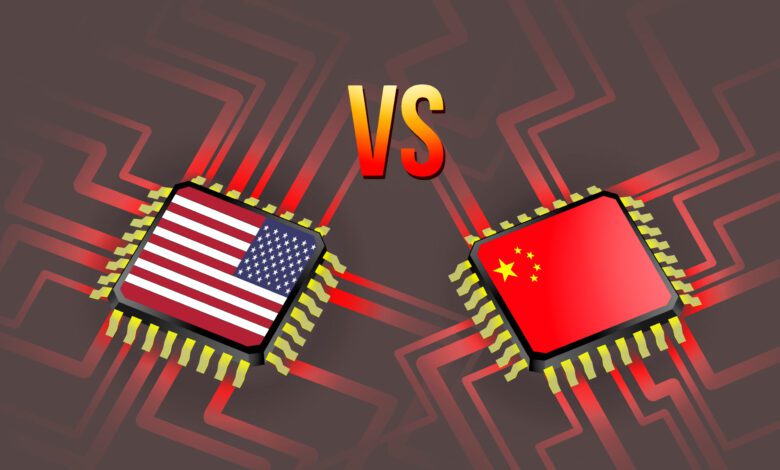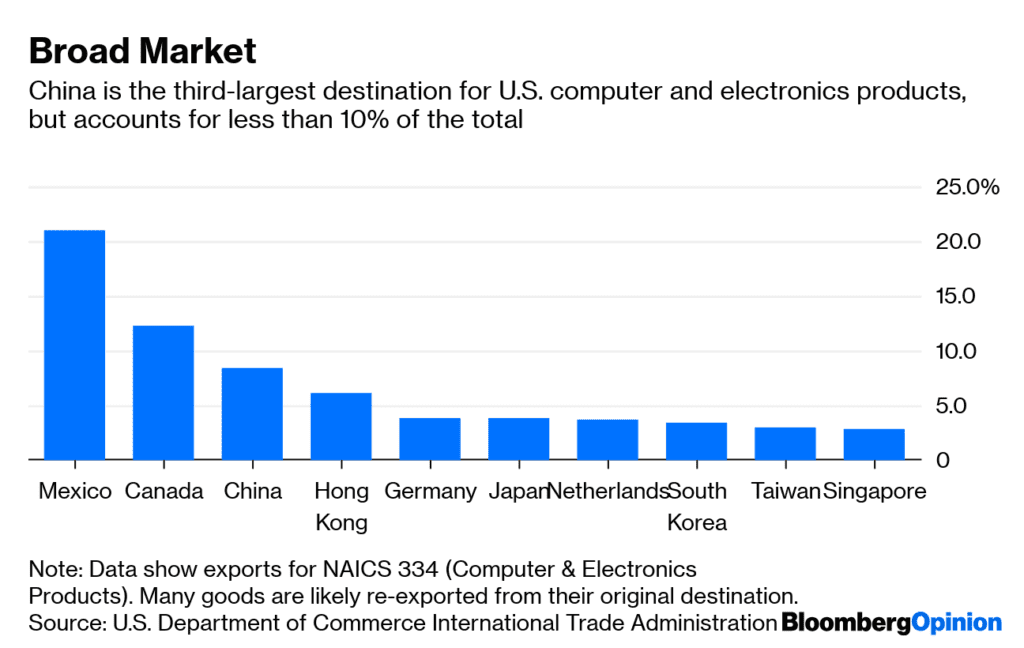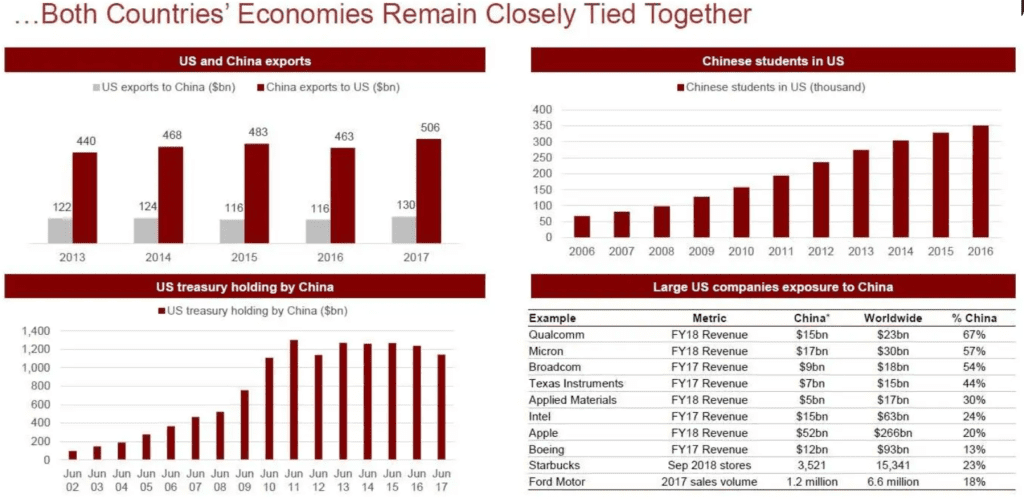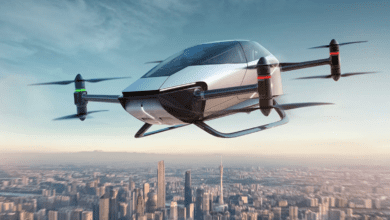Tech War: China vs. America. Is it Good?


Understanding the Tech War
The Tech War between China and America represents a multifaceted competition in the field of technology and innovation. It encompasses various sectors, including telecommunications, artificial intelligence, quantum computing, and more. At its core, this battle revolves around achieving technological supremacy and the associated economic and geopolitical advantages.
In the fast-paced world of technology, two global powerhouses stand at the forefront—China and America. The rivalry between these nations extends beyond geopolitical tensions, reaching into the realm of technological innovation. As they compete for dominance in the tech industry, the battle for supremacy has far-reaching implications for the future of technology and its impact on society. In this article, we delve into the tech war between China and America, exploring the key areas of competition and their implications.
Innovation and Research
Both China and America have made significant strides in innovation and research, pouring substantial resources into their respective tech sectors. China’s dedication to technological advancement is evident in its ambitious initiatives like “Made in China 2025” and “Belt and Road Initiative.” Meanwhile, America’s Silicon Valley remains the epitome of innovation, fostering groundbreaking technologies that have revolutionized industries.
Root Causes of the Conflict
The conflict arises from several fundamental issues. Trade imbalances and concerns over intellectual property rights have fueled tensions between the two nations. China’s rapid rise as a technological powerhouse has led to allegations of unfair practices, including forced technology transfer and industrial espionage. Additionally, national security concerns related to cyber espionage and data theft have further strained relations.
Technological Hegemony and Global Leadership
China and America compete fiercely to establish dominance in key technological domains. Artificial intelligence and machine learning have emerged as crucial areas, with both countries investing heavily in research and development. Similarly, the race for 5G infrastructure and quantum computing capabilities is of paramount importance, as they have the potential to redefine industries and enable unprecedented advancements.


Economic Ramifications
The Tech War has significant economic implications. Supply chain disruptions, arising from trade tensions and export controls, have affected global businesses relying on Chinese manufacturing. Competition between Chinese and American tech giants has intensified, fostering innovation and transforming consumer experiences in various sectors.
Geopolitical Considerations
Controlling emerging technologies is central to the geopolitical battle. Both countries aim to shape global standards and regulations in their favor, influencing the trajectory of technological development worldwide. The winner of this Tech War will likely possess a significant advantage in shaping the future geopolitical landscape.
Technological Diplomacy
Collaborative efforts and international alliances play a vital role in the Tech War. Countries seek to forge partnerships to enhance their collective technological capabilities and counterbalance the dominance of their rivals. Export controls and sanctions are also utilized as tools to restrict the flow of critical technologies and maintain a competitive edge.


Impact on National Security
The Tech War has serious implications for national security. Both China and America face threats related to cybersecurity, with cyberattacks becoming increasingly sophisticated. Espionage and surveillance activities conducted through technology add complexity to the geopolitical rivalry, raising concerns about data privacy and sovereignty.
Cybersecurity and Data Privacy
With technological advancements come concerns about cybersecurity and data privacy. China and America find themselves entangled in debates surrounding these issues. China’s approach to data privacy has raised eyebrows, as its strict regulations grant the government significant control over citizens’ information. In contrast, America focuses on striking a balance between security and privacy, with companies like Apple championing strong encryption. The resolution of these differences will play a crucial role in shaping the future of global tech regulations.
Consequences for Consumers
Consumers are not immune to the effects of the Tech War. Data privacy and protection become key concerns as governments and corporations collect vast amounts of personal information. User experiences and access to digital services may also be influenced as companies navigate geopolitical tensions and adhere to different sets of regulations.
The Role of Innovation
Innovation and entrepreneurship are crucial components of the Tech War. Startups and small businesses play a significant role in driving technological advancements, challenging established players, and disrupting traditional industries. Research and development investments are vital to maintaining a competitive edge in the global tech landscape.
Future Prospects and Implications
The outcome of the Tech War between China and America will shape the future of technology and its impact on society. It will determine who leads in critical areas such as AI, telecommunications, and quantum computing. The ramifications of this competition will extend beyond economic and geopolitical spheres, influencing global governance, privacy norms, and the very fabric of the digital age.
Ethical and Societal Implications
As technology becomes deeply ingrained in our lives, ethical and societal implications become critical considerations. Questions surrounding AI ethics, data privacy, and surveillance emerge as the tech war unfolds. How China and America navigate these challenges will determine the future trajectory of technology and its impact on humanity.
5G and Connectivity
The advent of 5G technology is set to transform the digital landscape, revolutionizing industries such as autonomous vehicles, IoT, and healthcare. Both China and America understand the significance of 5G and are vying for supremacy in this domain. China’s Huawei is a frontrunner in 5G infrastructure development, while American companies like Qualcomm and Cisco are investing in 5G technologies. The race for 5G dominance is not just about faster internet speeds; it’s about shaping the future of connectivity and enabling groundbreaking applications.
Conclusion
The Tech War between China and America represents a fierce competition for technological supremacy with profound implications for the world. As both countries vie for dominance, the battle extends across multiple fronts, including economic, geopolitical, and national security dimensions. The outcome of this struggle will undoubtedly shape the future of technology and the global balance of power.
The competition spans innovation, AI, 5G, semiconductor, cybersecurity, and more. The outcome will shape the global tech landscape, influence geopolitical dynamics, and dictate the ethical boundaries of technology. As we witness this battle of giants, it is crucial to recognize the far-reaching implications and strive for a future where technological advancements are harnessed for the betterment of society.




